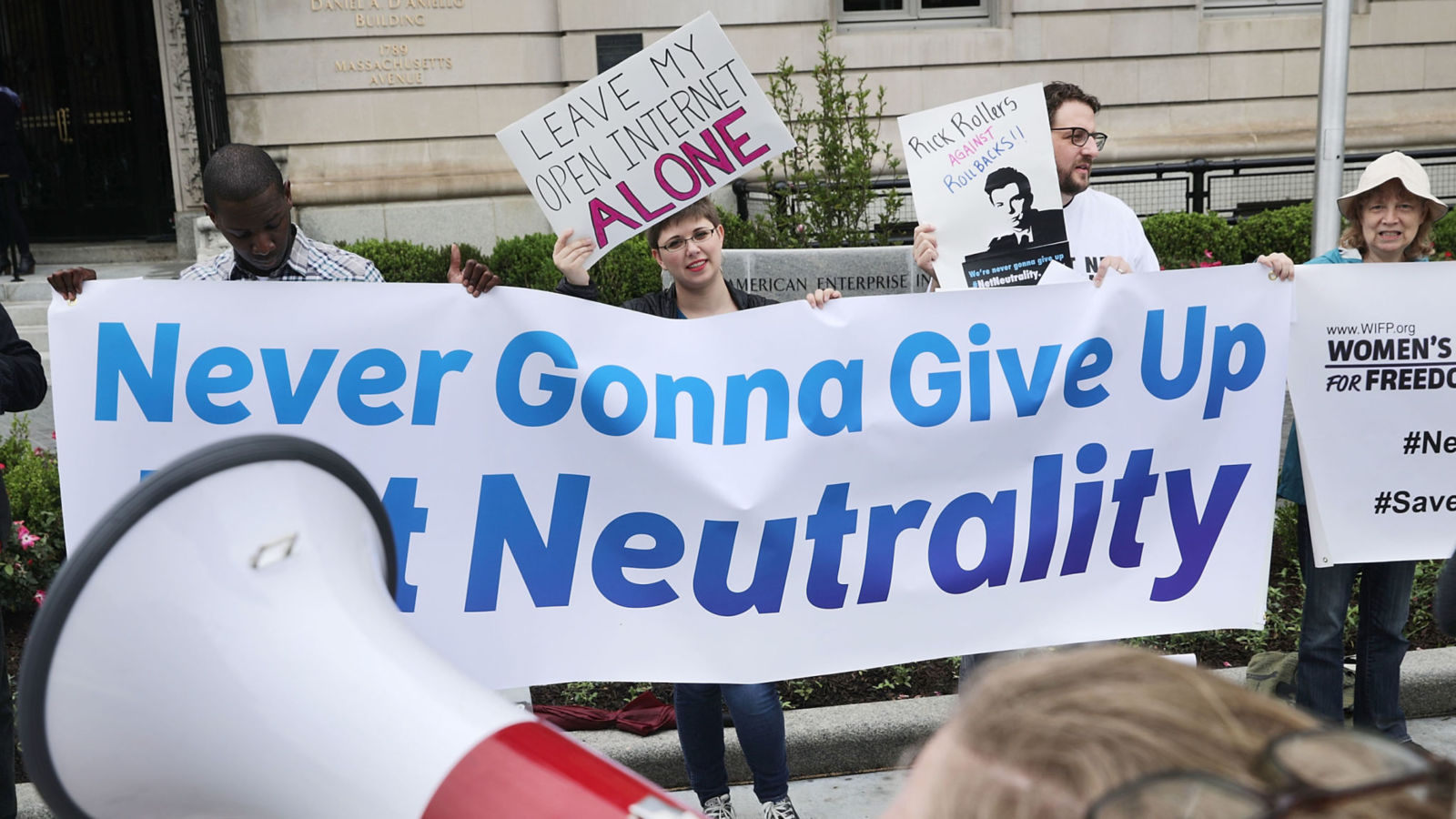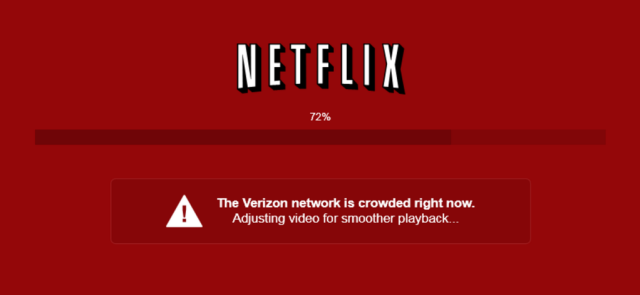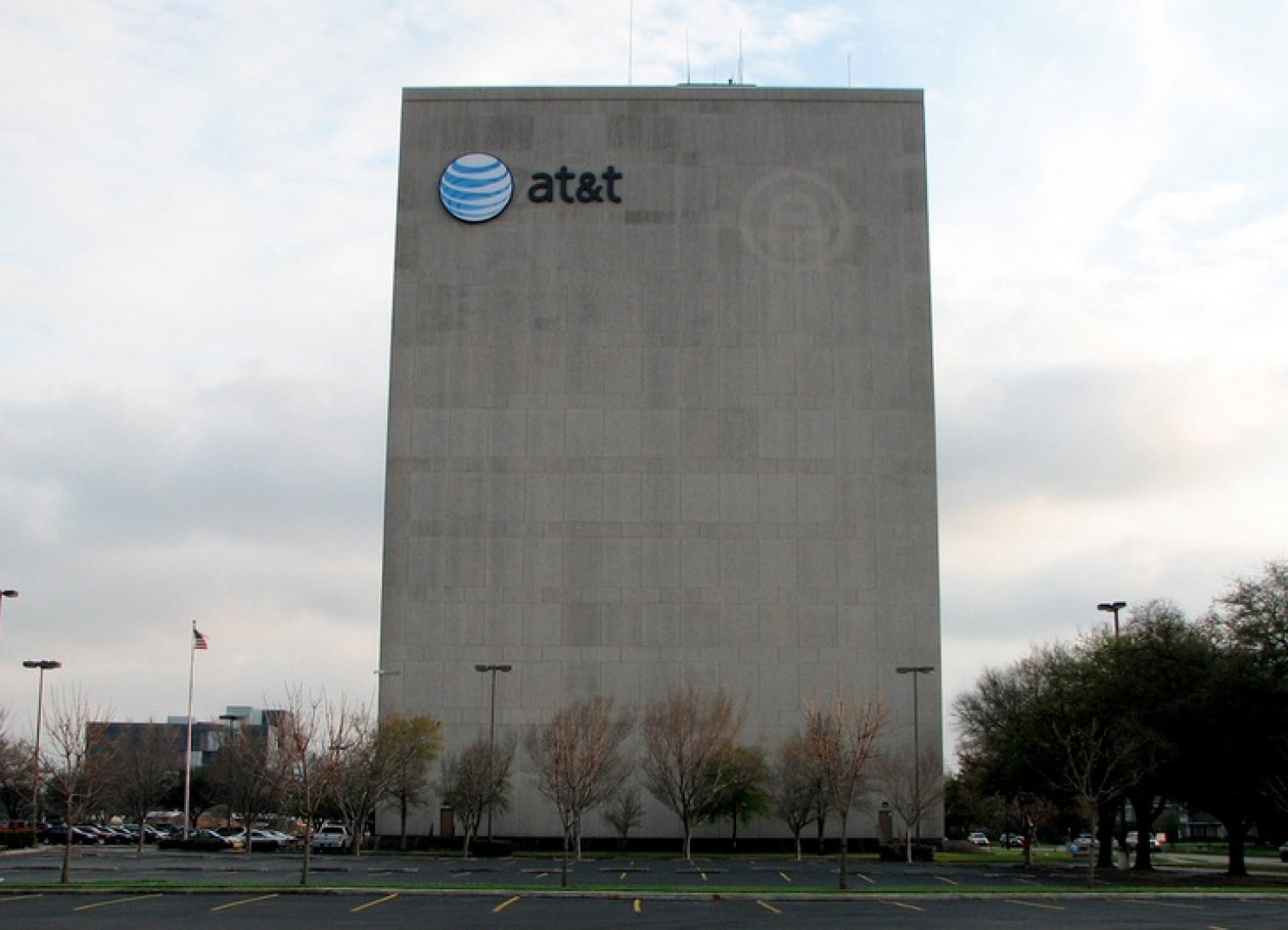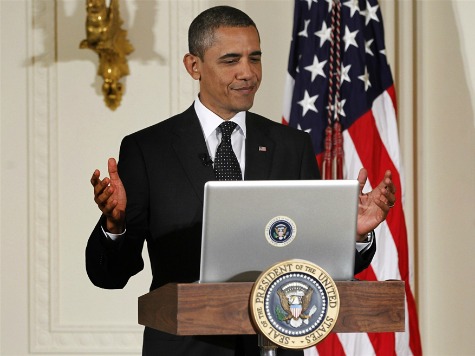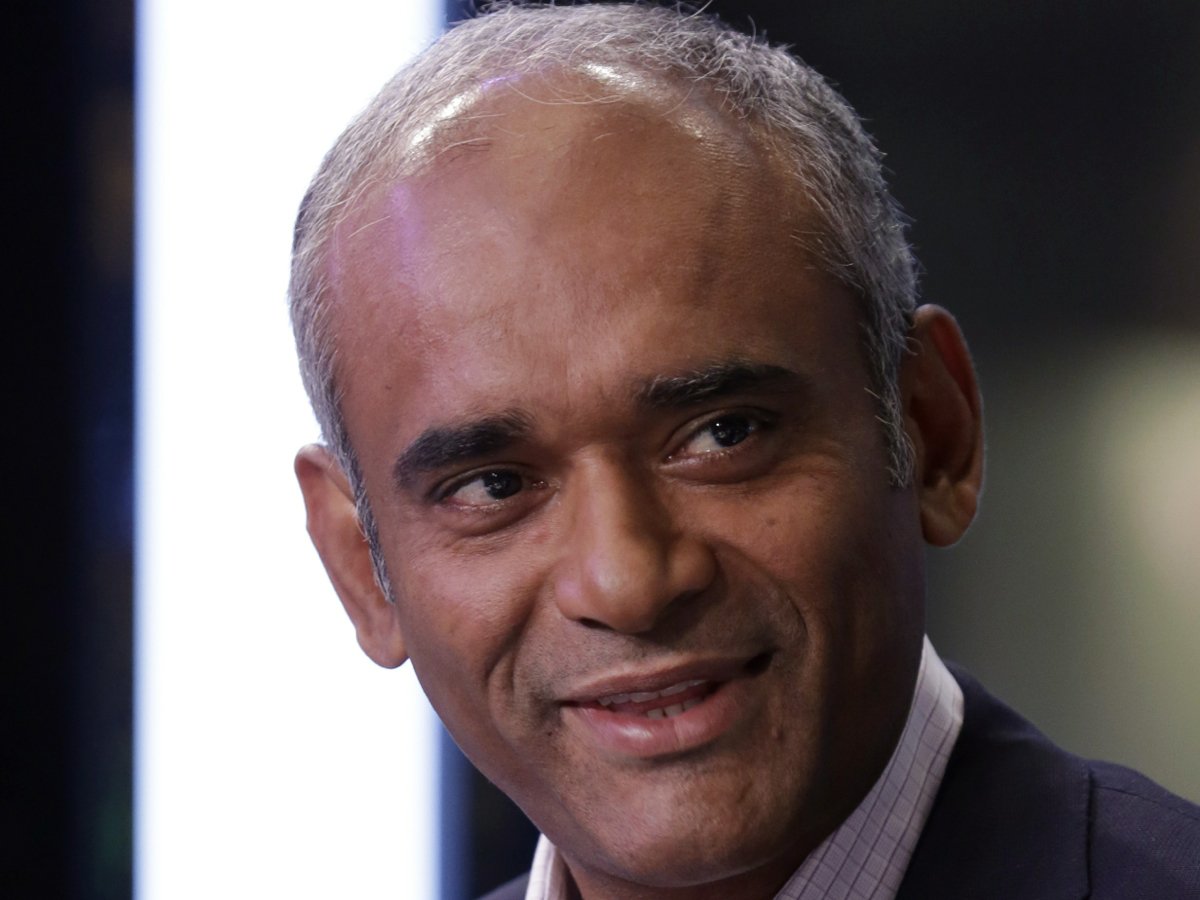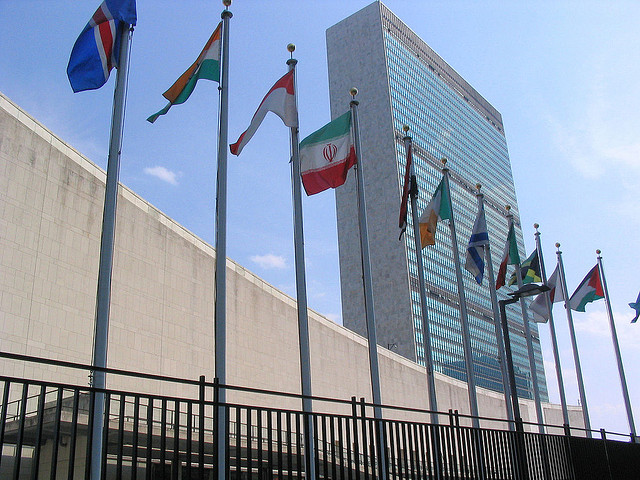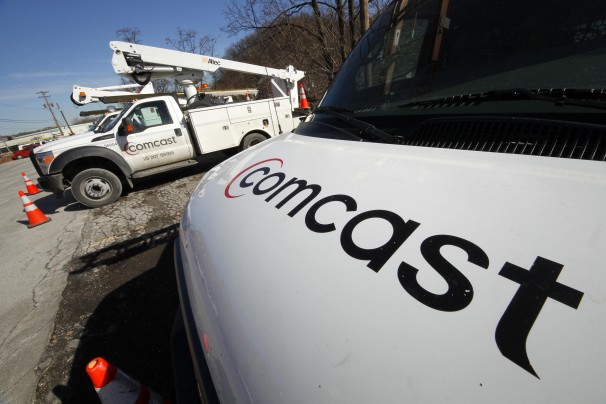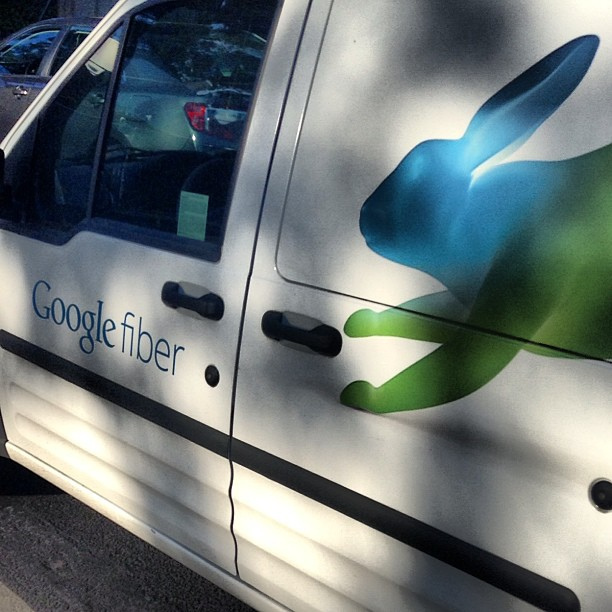Net neutrality is a principle about fairness on the Internet. It holds that no ISP should be able to unfairly manipulate your Internet usage or your experience of the Web, particularly in ways that harm other businesses. It means that ISPs don’t get to choose which data is sent more quickly, and which sites get blocked or throttled and who has to pay extra. About 200 internet companies and activist groups are coming together today to mobilize their users into opposing US government plans to scrap net neutrality protection. Facebook,…
Read MoreTag: FCC
Netflix caught secretly throttling traffic on AT&T and Verizon for the past 5 years
The Wall Street Journal last week confirmed a researcher’s findings that the video giant had been secretly throttling traffic reducing the default bitrate to 600kbps in order to help users stay under their data caps on Verizon and AT&T’s mobile networks, and has been doing so for the last five years. The practice does not extend to Sprint or T-Mobile , who Netflix feels are more “consumer friendly.” Netflix’s admission comes only a week after T-Mobile USA CEO John Legere said that AT&T and Verizon deliver Netflix video at a resolution of…
Read MoreAT&T hit with a $100 million fine after slowing down, “throttling” its ‘unlimited’ data
Washington Post reports that the Federal Communications Commission slapped AT&T with a $100 million fine Wednesday, accusing the country’s second-largest cellular carrier of improperly slowing down, throttling Internet speeds for customers who had signed up for “unlimited” data plans. The FCC found that when customers used up a certain amount of data watching movies or browsing the Web, AT&T “throttled” their Internet speeds so that they were much slower than normal. Millions of AT&T customers were affected by the practice, according to the FCC. The fine, which AT&T says it will fight, is the largest ever levied…
Read MoreWashingtonPost: Why Obama’s plan to save the Internet could actually ruin it
On Monday, President Obama joined the chorus of those urging FCC Chairman Tom Wheeler to inject federal and state regulators directly into the heart of the Internet, “reclassifying” wired and mobile broadband ISPs as public utilities under a 1934 law written to control the former Bell telephone monopoly. While Obama has long supported the notoriously slippery idea of “net neutrality,” this is the first time the White House has explicitly asked the FCC to take specific action, let alone to embrace the most radical and legally uncertain approach being considered…
Read MoreWhitehouse pushes FCC for strong net neutrality laws, Senator Ted Cruz calls it ‘Obamacare’ for the Internet!
(Reuters) – U.S. President Barack Obama on Monday said Internet service providers should be regulated more like public utilities to make sure they grant equal access to all content providers, touching off intense protests from cable and telecoms companies and Republican lawmakers. Obama’s detailed statement on the issue of “net neutrality,” a platform in his 2008 presidential campaign, was a rare intervention by the White House into the policy setting of an independent agency. Shares of major Internet service providers Comcast Corp (CMCSA.O) and Time Warner Cable Inc (TWC.N) fell…
Read MoreUS President Obama Reiterates His Support for Net Neutrality
President Obama said late Thursday that he was “unequivocally committed” to net neutrality and firmly opposed to any proposal that would let companies buy an Internet fast lane to deliver their content more quickly to consumers. The statements, at a town-hall meeting in Santa Monica, Calif., on innovation, gave a strong signal to Mr. Obama’s Democratic appointees on the Federal Communications Commission that he wants them to heed the overwhelming public sentiment expressed in 3.7 million comments sent to the commission in recent months concerning a set of rules proposed…
Read MoreUnderstanding the Copyright’s Volition Requirement After Aereo
Jonathan’s post continues DisCo’s ongoing coverage of the Aereo case. Last week, Prof. Michael Carrier wrote a post for DisCo on the possible effect of Aereo on investment. Previously, DisCo writer Matt Schruers guest-posted on SCOTUSblog about how Aereo creates uncertainty for the cloud. One of the great attractions (or frustrations) of copyright law is that it is based on metaphysical distinctions. The most obvious of these is the idea/expression dichotomy. The Second Circuit in Computer Associates v. Altai observed that “drawing the line between idea and expression is a tricky business.”…
Read MoreProtecting the open Internet may require defunding the ITU. Here’s how to do it.
In the past week, two senior U.S. officials, FCC Commissioner Ajit Pai and Republican Rep. Greg Walden (Ore.) were quoted as saying the United States should pull funding from the International Telecommunication Union (ITU), at least as a last resort, if the U.N. telecommunications body persists in its attempts to regulate the Internet. What’s the ITU? Why do people want to defund it? And what would it take to do so? Read on to find out. What’s the ITU? The ITU was founded in 1865 as the International Telegraph Union, an organization…
Read More5 things neither side of the broadband debate wants to admit
As I was editing my interview with Jeffrey Eisenach, the director of the American Enterprise Institute’s Center for Internet, Communications and Technology Policy, I had a sense of deja vu. Eisenach’s arguments were thoughtful and cogent. But they were eerily similar to those I encountered when I first started thinking about Internet regulation a decade ago. That’s puzzling because the Internet has changed rapidly. Over the last decade, we’ve gotten Netflix streaming, the iPhone, or FiOS. So why are ideologues on both sides of the broadband debate still making the…
Read MoreNow That It’s in the Broadband Game, Google Flip-Flops on Network Neutrality
In a dramatic about-face on a key internet issue yesterday, Google told the FCC that the network neutrality rules Google once championed don’t give citizens the right to run servers on their home broadband connections, and that the Google Fiber network is perfectly within its rights to prohibit customers from attaching the legal devices of their choice to its network. At issue is Google Fiber’s Terms of Service, which contains a broad prohibition against customers attaching “servers” to its ultrafast 1 Gbps network in Kansas City. Google wants to ban…
Read More
